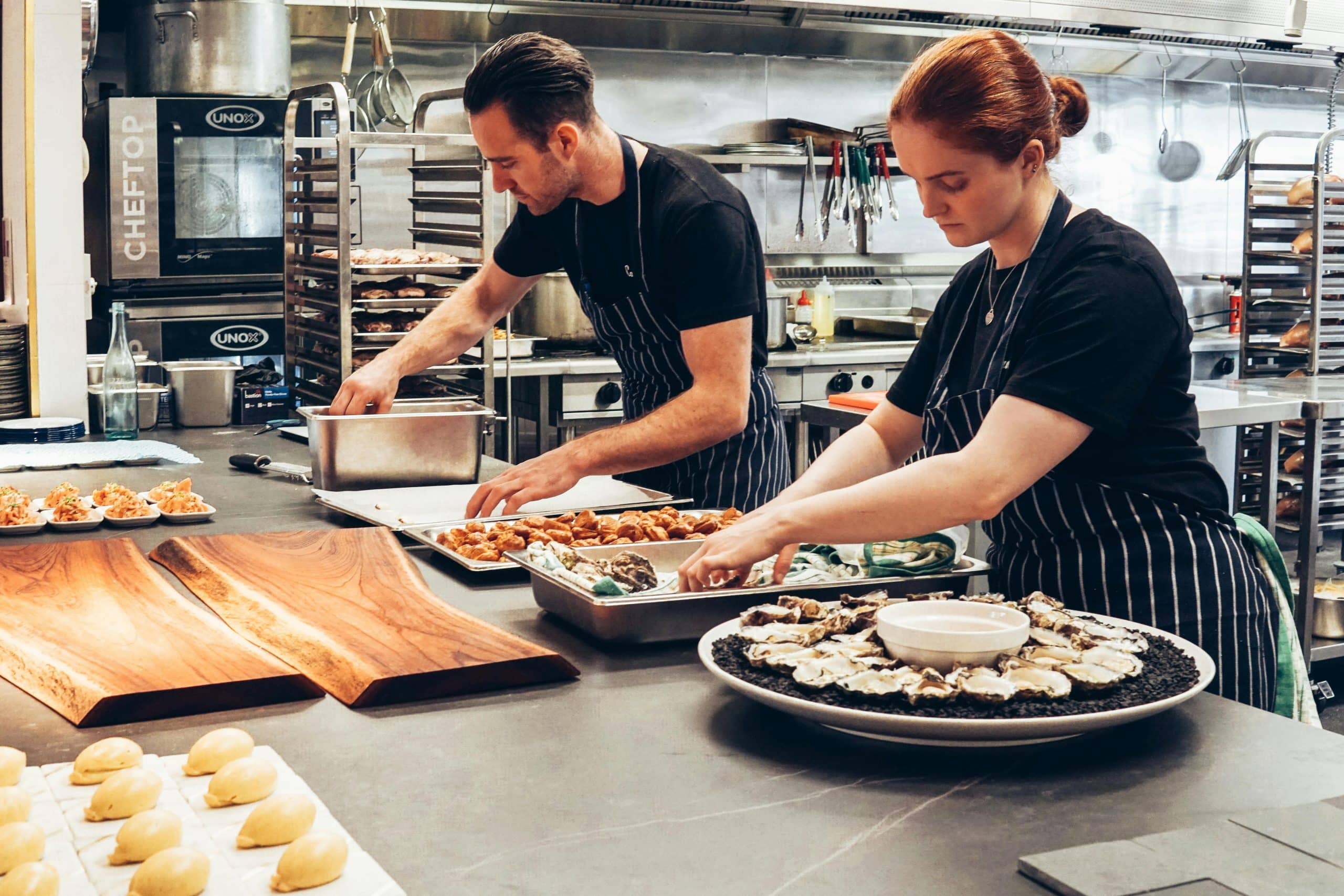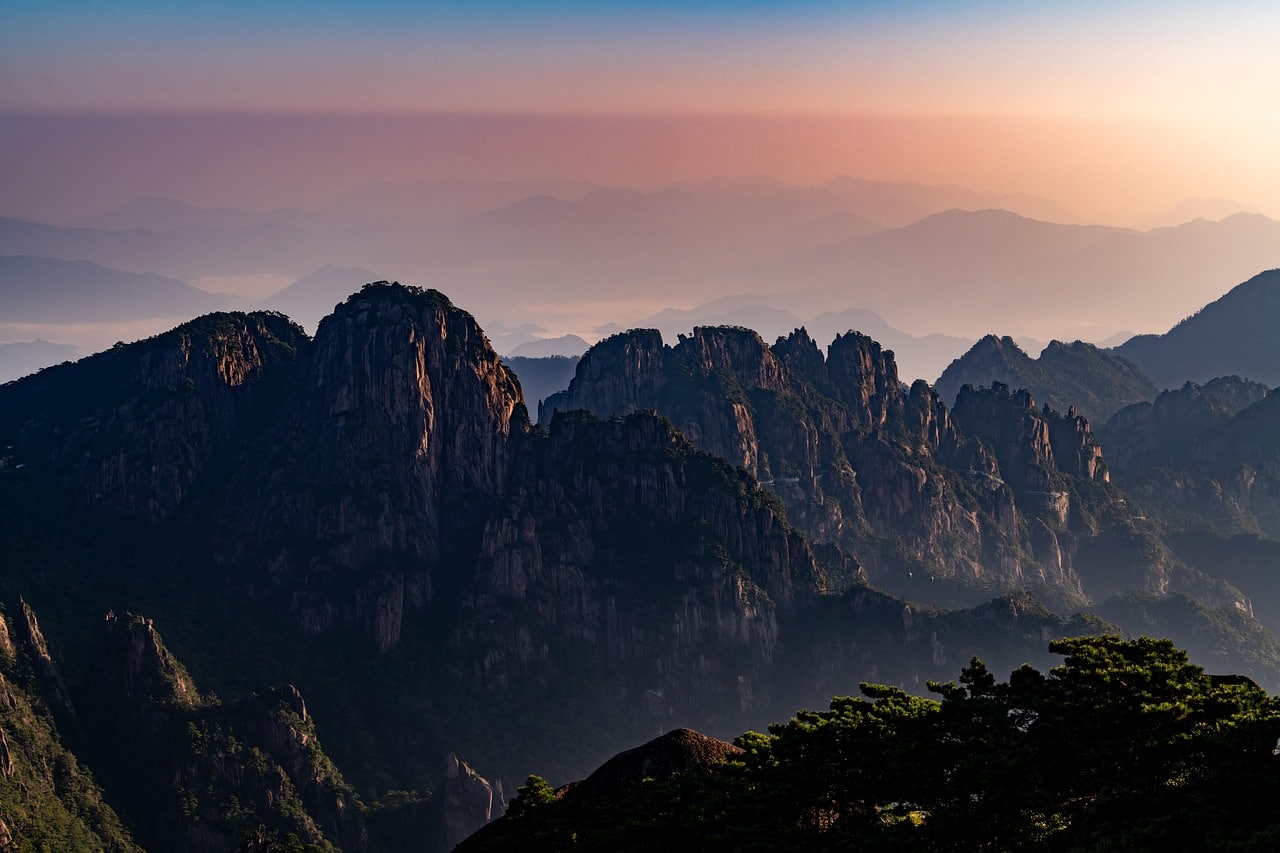Overconsumption, using a greater supply of resources than is replenished, can have detrimental environmental impacts. The Global Footprint Network provides a framework of comparison through which to consider this concept. Each year, the Global Footprint Network announces the year’s Earth Overshoot Day. On this day, humanity has used the sustainable environmental resource supply for the year.
Underconsumption can provide a balance for overconsumption. This involves choosing to use a smaller resource supply. A way to do this is by not buying as many items. You can, for instance, focus on buying carefully considered necessary purchases. You can also find ways to use items you already own for longer. You can fix items or even find new uses for them.
Information about Overconsumption
The Sentient website states: “Overconsumption is when humans consume more resources than we produce.” This idea can apply to individuals. Individuals can pay attention to the rate at which they consume resources. In addition, this concept can be thought of in larger contexts. It is important to look at the overuse of resources by country and by continent. Also, we can look at overconsumption on Earth as a whole.
Jennifer Molidor states in an email to Sentient: “We live on a finite planet.” Molidor works at the Center for Biological Diversity as its Senior Food Campaigner. She states that Earth is not able to sustain unending levels of consumption and growth. Molidor explains: “The pressure to constantly consume is driving destructive resource extraction.” In addition, it can lead to environmental pollution and accumulated items in landfills. These factors can contribute to dire extinction and climate change scenarios.
Earth Overshoot Day
One conceptual framework for considering overconsumption is through the yearly placement of Earth Overshoot Day. When this falls each year is calculated by the Global Footprint Network. The Global Footprint Network states this day is “when humanity has exhausted nature’s budget.” The Earth Overshoot Day for last year was August 1, 2024. After this point, according to the Global Footprint Network, humanity was “operating in overshoot.”
By Earth Overshoot Day, people create a deficit of Earth’s yearly available resources. They may then dig into resource reserves. They may also increase atmospheric carbon dioxide accumulation. According to Sentient, “overshoot day has been coming earlier and earlier each year.” For instance, December 27 was Earth Overshoot Day for 1972. Sentient states that “we would have needed 1.01 Earths to support” consumption levels. However, to support 2024 levels, Sentient explains that “1.7 Earths” would be necessary.
How Underconsumption Works
Underconsumption is a strategy for balancing overconsumption. The Sweet Farm website discusses this concept. Sweet Farm is a sanctuary focusing on the climate-changing effects of factory farms. The nonprofit states that it looks “from the perspective of animals, plants, and the planet.” According to Sweet Farm, underconsumption is “deliberately consuming fewer resources and purchasing fewer goods.”
Embracing the ethos of underconsumption can include prioritizing needs over wants. You can make fewer impulse purchases and only buy necessary items. Sweet Farm advises choosing “items that serve multiple purposes or have long-lasting value.” You can also fix or find new uses for items you already own. Extending the usefulness of items you have can reduce the need for purchases. Overall, making fewer purchases can reduce the ecological stress on the planet.
The Buy Nothing Project
One example of underconsumption in action is the Buy Nothing Project. This organization describes itself as “a Benefit Corporation.” Its website states it is legally bound through charter to perform “a public good.” According to the website, the organization has had “immense social and environmental impact.”
The Buy Nothing Project facilitates a gift economy on a global scale. You can use the Buy Nothing website to offer or request services or items. You can also express gratitude. A stated goal is “to build the best sort of wealth: resilient, joyful communities.” The site encourages inclusivity and building interpersonal connections.
Adjusting Daily Goals
Choosing to consume less can be a great step toward caring for the environment. It can also prompt an internal adjustment. You may begin to think less about your accumulated items and more about your chosen activities. You can find experiences in life that you can treasure. These experiences can include hobbies and time with people you care about. Sweet Farm states: “Experiences provide lasting memories and fulfillment.”








